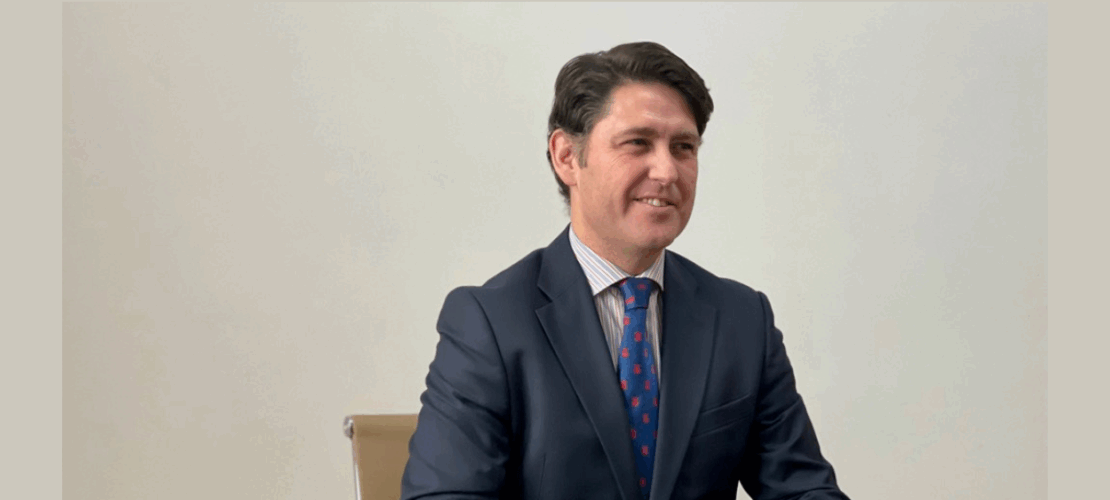PRA goes bold on innovation and expansion
After a year of internal restructuring, the law firm shifts focus to internationalisation and digital transformation, says managing partner Miguel Miranda
by glória paiva
In recent years, PRA – Raposo, Sá Miranda & Associados has positioned itself as a law firm in full transformation, with an increasingly defined identity. Founded in 2001, the firm has, just in the past year, opened a new headquarters in Lisbon, launched a criminal and regulatory offences practice, implemented a new ESG-driven governance model, created the iGenerator project focused on innovation and digital technologies, and inaugurated its eighth office in Portugal, this time in Viseu, strengthening its presence in the north of the country. Over the past decade, the number of partners has grown from 12 to 21.
The new Lisbon office, located near the Gulbenkian Foundation in Avenidas Novas, follows the model of modern law firm spaces: a contemporary infrastructure designed not only for legal work, but also to host clients, training sessions, and events. With around 171 lawyers and 30 additional staff, PRA is now entering the next stage of its strategy. With its internal structure in place, the firm is turning its focus to two main pillars of transformation: digitalisation and international expansion. Managing partner Miguel Miranda spoke with Iberian Lawyer about the firm’s key priorities and upcoming challenges.
PRA recently opened a new office in Viseu and now covers almost the entire country. What is driving this territorial expansion?
In 2015, following the merger of three firms — Sá Miranda & Associados, Alney & Associados, based in Porto, and Pedro Raposo & Associados, in Lisbon — PRA adopted a full-service model with a strong focus on client proximity in Portuguese territory. And for us, proximity happens in person. The expansion in the mainland and islands (Azores and Madeira) was a natural move, driven by client demand. We opted for our own offices rather than local partnerships, as it is essential that our legal services reflect the firm’s culture. Viseu, for instance, has a dynamic business fabric in the energy sector, and there was already demand for a more consistent presence.
What steps are you taking in terms of digital transformation?
We already have well-structured systems in place and are now taking a decisive step: introducing AI into the firm’s operations. We have allocated around one million euros to this project over the next two years. The goal is to improve speed and better structure our work by leveraging the potential of new technologies.
What are the priorities for this investment?
There are three key areas. First, tools that accelerate legal production — contract review, due diligence, case law analysis, and outcome prediction. Second, tools for work management — document organisation, client communication logs, and time tracking. And finally, systems to support the firm’s overall management: analysing internal data to enable faster and more informed decision-making. All of this will be integrated through a cross-functional, transversal system.












